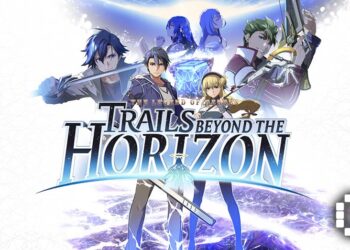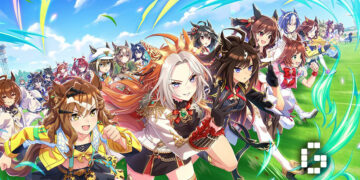We were recently invited by 2K Games to Singapore for a hands-on experience with Firaxis Games’ next entry in the Civilization series. While there, we had an opportunity for an exclusive interview with two key figures behind Civilization VII, Executive Producer Dennis Shirk and Senior Game Designer Edward Zhang. With both veterans bringing unique perspectives to the table – Shirk’s nearly two decades of experience at Firaxis and Zhang’s innovative approach to game design – we delved into the evolution and future of this iconic strategy franchise.

Revolutionizing Player Narratives
One of the most significant changes in Civilization VII is its approach to storytelling. “Player-driven narrative and game-driven narrative is something that is new to have a confluence of in Civilization VII,” explains Shirk. While the series has always encouraged players to craft their own stories, the addition of a dedicated narrative team marks a dramatic shift.

“We’ve always had a player-driven narrative. We’ve always want players telling their own story in their heads,” Shirk elaborates. “But we have an entire narrative team this time that we did not have before that’s dropping storylets and little bits of narrative all around the world to make the world an even richer place than it was before.”
These narrative elements transform simple features like goodie huts into rich storytelling opportunities. “Goodie huts are now not just little camps. They can be ruins. They can be a caravan that’s lost. It can be a fighting pit,” Shirk explains. “We’ve also got narrative events that are tied to the specific civilizations and leaders that you’re playing as well. So it really helps to drive home the player narrative that’s already going on in your head.”
Age System: Balancing Power and Progress
The introduction of the age system represents a fundamental shift in how civilizations develop and compete. “One of the design goals of the age system is to keep all the civilizations’ power relatively in check with each other within a certain age,” Zhang elaborates. This approach aims to address historical balance issues where civilizations could be overpowered in certain eras while struggling in others.

Zhang emphasizes that perfect balance isn’t the goal: “Part of the fun is that we want players to be able to find out all the broken combos. Maybe there are some hidden, very strong combos that we didn’t think about… We want players to find them. We don’t want the game to be perfectly balanced. And we want the player to be able to figure out those broken combos and tell us about it, post on social media.”
Cultural Representation and Historical Accuracy
Civilization VII makes significant strides in diversifying its roster of leaders and civilizations. “For Ed Beach especially, the creative director, he wanted there to be equal representation around the planet. Not just in cultures, but in male, female,” Shirk reveals. “He wanted to dig deep into the history and to find additional leaders that haven’t really been shown before.”

The development process has become more rigorous and inclusive: “We have in-house historians, multiple that we haven’t had before. We’ve only had one,” Shirk explains. “We’ve got multiple experts all around the globe among all of our 2K local teams, like 2K Asia… And we’ve got cultural experts and academics that we actually consult with to make sure that what we’re doing is handling the local representation of these personalities well.”
Community-Driven Improvements
The development team has prioritized addressing player feedback from previous titles. Zhang identifies key concerns: “The two most prominent feedback we keep hearing over and over again is that once you pass a certain point in-game, there’s really no point of playing anymore. You either already won the game or maybe you already lost… And that alongside a late game is just so much more micromanagement than early game.”
These issues have been directly addressed: “We address this by introducing ages. Right now your experience is going to be contained in one age, and then that age is going to be promised to be found,” Zhang explains. “We also removed a lot of the micromanagement, like the removal of the builder, the removal of some of the cities turning into towns, that they can autopilot, right?”

Civilization VII aims to welcome newcomers while offering fresh challenges for veterans. “Part of that has to do with breaking the wheel,” Shirk notes. “While keeping the core game loop that is loyal to Civ, we’ve changed the long-term strategy, and we hope that’s going to give players a fresh take.”
“If you’re a new player, we ought to require fresh eyes,” Shirk continues. “Additionally, for a new player, we’ve done a huge amount of work on our FTUE (First-Time User Experience) system, the tutorial system, and the advisor system, to make sure that we’re holding everybody’s hands to learn these new systems.”
Southeast Asian Representation
The development team has placed particular emphasis on Southeast Asian representation in Civilization VII. “Southeast Asia as a group is very prominent in Civ 7,” Zhang states. “We have experts, we have historians that specialize in Southeast Asia history. So I hope the fans know how important you guys are to us.”

Shirk adds an encouraging note to fans in the region: “We cannot wait for you to try the game. If you’re a Civilization 6 player, you’ve got a whole new experience waiting to try, and we’re so happy with the amount of people around the world that are really just embracing the game.”
The insights shared by Shirk and Zhang suggest that Civilization VII represents not just an iteration but a significant evolution of the series, with careful attention paid to balancing historical authenticity, gameplay innovation, and player accessibility.



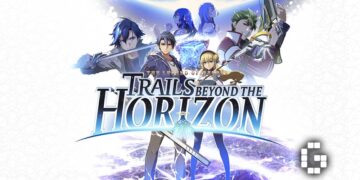

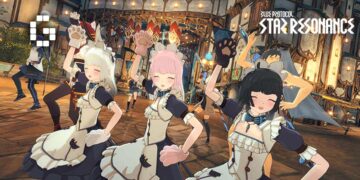
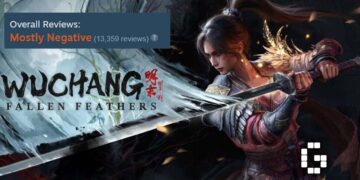
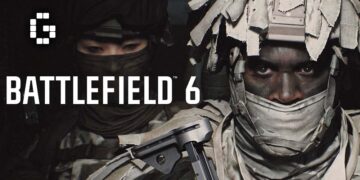
![[GUIDE] Ragnarok Crush Codes & How to Redeem Them](https://cdn.gamerbraves.com/2025/07/GUIDE-Ragnarok-Crush-Redem-Code_Guide_FI-360x180.jpg)


![[EXCLUSIVE] Creative Masterminds from Gearbox Software Reveal What Makes Borderlands 4 Worth the Wait](https://cdn.gamerbraves.com/2025/07/Borderlands-4-at-Bilibili-World-2025_Interview_FI-360x180.jpg)


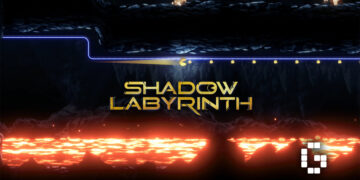

![[ASIA EXCLUSIVE] Bringing Back a Classic: Inside the Making of FINAL FANTASY TACTICS – The Ivalice Chronicles](https://cdn.gamerbraves.com/2025/06/FFT-Ivalice-Chronicles_Interview_FI2-360x180.jpg)





